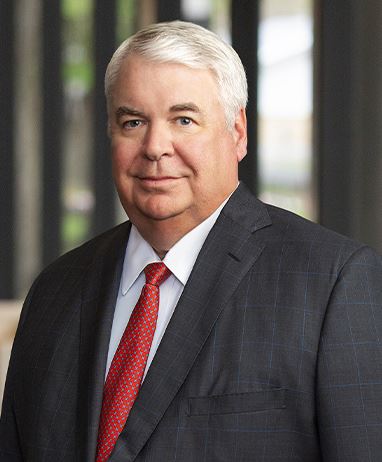In a group practice, physicians may split profits, but they cannot be paid for referrals. Currently, physicians can split profits on a service-by-service basis via a process known as “split pooling,” but on January 1, 2022, split pooling will no longer be legal.
The Stark Law has always sought to prohibit service-by-service payments within group practices, but split pooling provided a loophole. The Stark Law Final Rule, finalized in November 2020, seeks to close the loophole and clarify the government’s stance on split pooling. Physicians can still split profits within a “pool” of physicians, but they cannot be part of multiple “pools,” as this could encourage improper referrals, thus defeating the purpose of the original Stark Law.
Altering compensation arrangements within a group practice takes time and effort. Speak to a health law attorney at Hendershot Cowart P.C. today to ensure your practice is Stark compliant before January 1, 2022.
Understanding Split Pooling
For example, consider a group practice with twelve physician owners and/or employees that furnishes clinical laboratory services, diagnostic imaging services, and radiation oncology services. Under a split pooling model, the group practice divided its physicians into three pods of five physicians each (pod A, pod B, and pod C) for purposes of distributing the profits from clinical laboratory services to physicians in pod A, the profits from diagnostics imaging services to physicians in pod B, and the profits from radiation oncology services to physicians in pod C.
In this example, some of the physicians could be placed in multiple pods based on the profits they generate (via referrals) for a specific service line, thus allowing the group practice to have members in multiple pods of five or more physicians. However, under the Stark Law amendments, all of the profits derived from designated health services must be aggregated and distributed in a manner not related to referrals. This means that a group practice of twelve physicians would only be able to have a maximum of two pods comprised of five or more physicians (pod A and pod B). And all of the profits furnished by pod A physicians would need to be divided among the pod A members, regardless of service line, in a manner that does not directly relate to the volume or value of referrals of any individual physician.
Stark Law Amendments Address Split Pooling Directly
For a while, this practice was not expressly prohibited, and physicians in multiple pools made more money. With the changes going into effect on January 1, this practice will be explicitly illegal. Doctors must stick to one pool or share profits evenly. Stark Law provides rules for how group practices must share profits among its members. For instance, physicians may not receive a greater share of the practice’s profits because they bring in more business via the volume and value of their referrals.
Consult with an attorney well-versed in healthcare laws and regulations for advice on acceptable allocation methods under these new Stark Law requirements.
It’s Time to Update Your Payment Pools
Physicians in group practices are always finding ways to work together, maximize profits, and split them fairly. The more physicians a group practice employs, the more complex this process becomes. Many group practices rely on “split pooling,” and other techniques, but some existing payment strategies are about to become obsolete.
As such, it is time for physician groups to check their income distribution plans to make sure they comply with the new Stark changes that will go into effect on January 1, 2022. Failure to make your physician plan Stark compliant by the time amendments go into place could result in immediate Stark violations.
Your practice will also be unable to make referrals within the Stark Law in-office ancillary services exception (IOAS). Physicians and medical practices frequently rely on the in-office ancillary services exception to allow for certain DHS referrals within their own practice. The exception generally allows medical practices to provide outpatient prescription drugs, clinical laboratory services, radiology, and other DHS without violating the law. For the exception to apply, the practice must qualify as a bona fide “group practice” and satisfy performance, location, and billing requirements.
Forming and maintaining a group practice is not easy and, without Stark Law exceptions, these practices could not be profitable or mutually beneficial for the physicians involved. To stay Stark compliant and use exceptions to your advantage, you should speak to an experienced health law attorney right away. Our team at Hendershot Cowart P.C. has over 100 collective years of experience helping physicians and business owners like you. We strive to exceed your expectations, and we are ready to take your call.
For results-oriented representation, strong communication, and attorneys who understand what you value most, please call us at (713) 909-7323 or contact us online today.


2final22.2112150834203.jpg)
